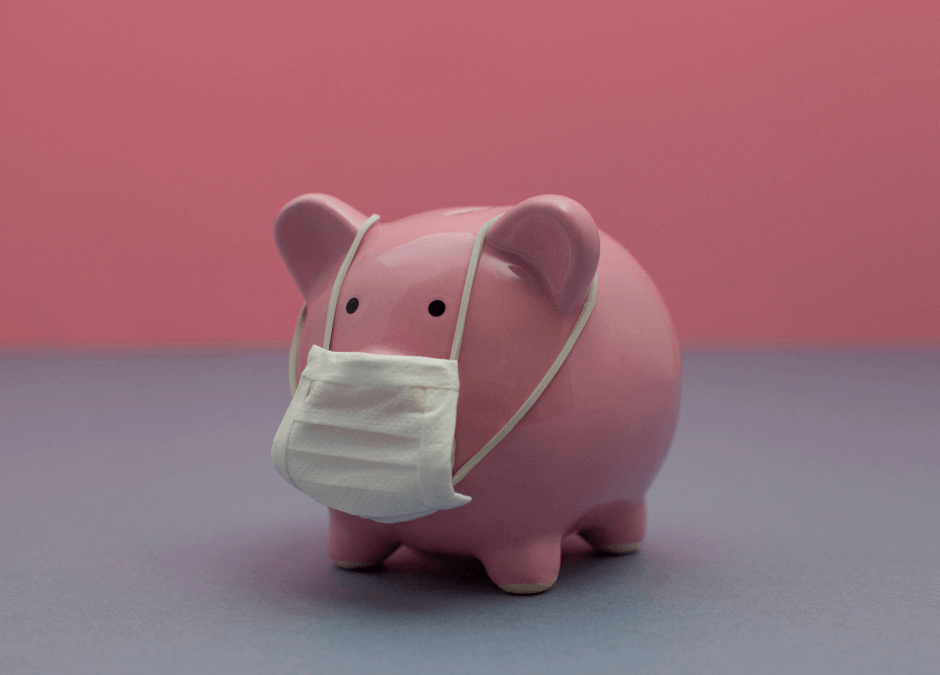Over the past decade, the average FICO score has risen steadily, and surprisingly, this trend is continuing during a global pandemic. The average FICO score in July 2020 was 711, up from an average score of 708 in April, and an average score of 706 in July 2019 .It wouldn’t be surprising if scores were falling during these uncertain times, especially with so many people out of work or having work hours cut back. So, why are credit scores rising, and what should you do if you’re having financial challenges?
Why FICO Scores are Rising
There are a few reasons why average scores are rising. There’s typically a lag between a major economic event and an impact on average FICO scores. The average FICO score didn’t reach its lowest point during the Great Recession until late 2009 which was almost two years after the downturn started.Actions taken by lawmakers when the pandemic first started may have helped delay an impact on average credit scores. These include enhanced unemployment benefits and stimulus checks through the CARES Act. Many consumers used their stimulus checks to pay down debt, which helped to postpone a crisis.
What to do if You’re Struggling
If you’re one of the many Americans who has become unemployed or experienced business losses, you may be worried about how your credit score will be affected during this stressful time. You may be relying on credit cards much more than you usually would, which can affect your credit utilization and ultimately your credit score. If this is the case, it may be time to prioritize what can be paid. It’s important for you to focus on your basic needs first, such as the mortgage or your car payment. The next thing to do is do whatever you can to prevent your credit score from being impacted.
Protecting Your Credit Score
During the pandemic, a lot of things are outside of your control. Some things that you may be able to do to protect your credit score include:
- Check your credit report and credit score regularly to watch for fraudulent activity. Typically, you are entitled to a free credit report from each of the three main credit bureaus each year. However, you can now obtain free weekly reports until April 2021 by going to AnnualCreditReport.com.
- Pay bills on time or contact your lenders to try to work out a solution. You may be able to declare financial hardship and ask your lender to put a statement on your credit report that you’ve been impacted by a disaster.
- Make a plan for tackling your debt. This may include consolidating your debt or cutting back on your spending.
Be proactive about taking charge of your credit. Difficult times won’t last forever, so in the meantime, do what you can to protect your credit score. Dovly’s advanced credit engine tracks, manages and fixes your credit. We empower you to know exactly what’s on your credit report and fix negative items. We can alert you of changes to your credit report such as new accounts being added to your name. Whatever concerns you have about your credit during the pandemic and beyond, contact Dovly today to find out how we can help.



